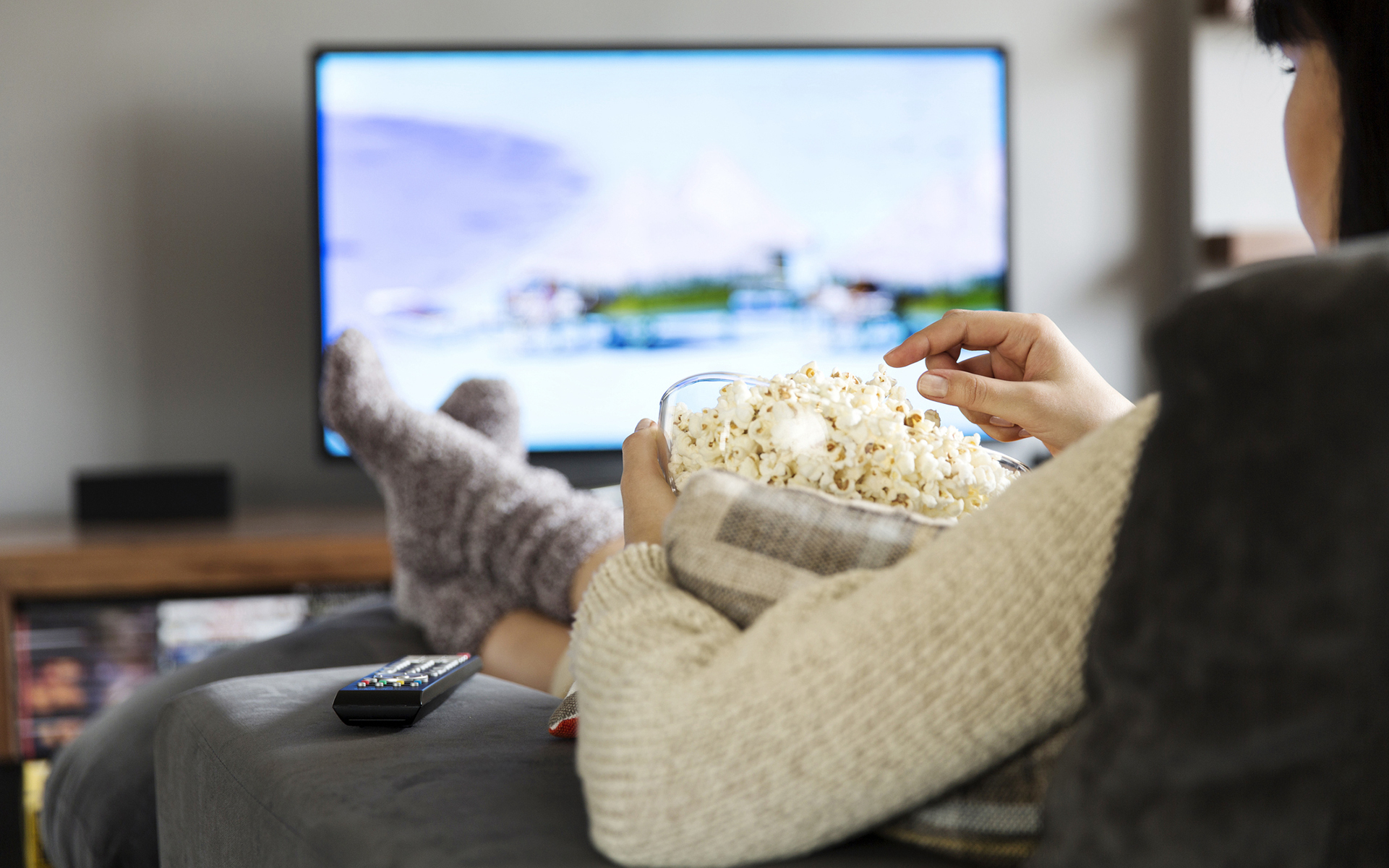
Why Monitoring Your Actions Is Crucial While Trying to Break Toxic Habits
Everyone has habits, some of which are beneficial, while others are less so. A poor habit is a behavior that harms our emotional or physical well-being or hurts other people. Habits differ from one location to another and might be societal, personal, or cultural. In this post, we’ll talk about how crucial it is to keep an eye on our conduct and the bad habits that affect our social connections and health.
What is a bad habit?
Any activity that is detrimental to our health, well-being, or social connections is referred to be a bad habit. Everyday negative habits include smoking, binge drinking, procrastinating, chewing one’s nails, being late, and overeating. These behaviors may appear innocent or enjoyable, but they may have a long-term detrimental impact on our relationships, productivity, and physical and mental health.
Variety of habits in different cultures
Cultural norms differ; what is deemed polite or objectionable in one community may not be in another. For instance, loudly slurping noodles is considered excellent in Japan yet disrespectful in the US. Blowing your nose in public is accepted in certain cultures but is frowned upon in others. These distinctions emphasize the value of cultural sensitivity and awareness in our actions.
Why should we monitor our behavior?
Improves our comfort and the comfort of others
By closely monitoring our actions, we may avoid destructive behaviors that make us feel awkward or ashamed. Also, it stops us from acting in ways that might offend, irritate, or make other people uncomfortable. For instance, chatting while eating or crunching gum could be unkind to others.
Increases self-awareness
We may improve our understanding of our habits and inclinations by closely examining how we behave. This awareness enables us to recognize the behaviors that need to be altered or improved to become better versions of ourselves.
Helps you become more aware of people around you
By observing our actions, we may develop more empathy and sensitivity to the wants and needs of others around us. This awareness facilitates our ability to adapt our conduct to fit various social contexts and interactions.
Helps you adapt to different social situations
Monitoring our activities enables us to adjust to various social contexts and interactions. For people who experience stress and social anxiety, this ability is particularly crucial. Social relationships can be challenging due to medical illnesses such as hormone imbalances and HGH insufficiency, which can cause tension, inactivity, anxiety, and sadness as per Medzone reports
Helps you regulate your emotions and feelings
Watching our actions aids in controlling our sentiments and emotions, lowering unpleasant emotions like resentment, irritation, and melancholy. We may keep a pleasant attitude and boost our productivity by eliminating practices that cause negative feelings.

Habits You Should Get Rid Of
Now that we’ve established the value of self-reflection, let’s look at some bad routines to break for the sake of our health and social standing:
Lateness
Being persistently late for appointments, gatherings, and activities harms our professional and interpersonal connections. It conveys a lack of regard for others’ time and may make them feel insignificant or underappreciated.
Excessive chewing gum
Others around you may become distracted and irritated if you are chewing gum loudly or with your mouth open. You can come out as unprofessional or immature as a result.
Sneezing/coughing without covering your mouth
Without covering your mouth, you risk infecting others with viruses and bacteria when you sneeze or cough, endangering their health. To stop the transmission of germs, it’s crucial to cover your mouth with a tissue or handkerchief when you sneeze or cough.
Biting your nails
Biting your nails can harm your teeth and is unsanitary. Infected nails and cuticles cause inflammation and discomfort. It could also be an indication of stress or worry, which can be managed with the use of other constructive coping strategies.
Leaving your phone not silent at important events
A poor habit that can be annoying and insulting to others is leaving your phone on loud or not putting it on mute during significant occasions like meetings, weddings, or concerts. In these situations, you should turn off your phone and refrain from checking it.
Interrupting others
Interrupting someone who is speaking shows a lack of respect for them. It demonstrates a lack of appreciation for their viewpoints and might leave them unnoticed and unappreciated. Listening attentively and carefully before responding or offering your thoughts and ideas is vital.
Forgetting basic “Please” and “Thank you”
The simple yet effective practice of using basic polite phrases like “please” and “thank you” may enhance our social interactions and relationships. It’s a gesture that may make other people feel loved and respected.
In conclusion, improving our physical and mental health, social relationships, and productivity might result from keeping tabs on our behaviors and eliminating the ones that aren’t serving us. Improve yourself and your relationships with others by practicing more self-awareness, empathy, and respect. We must consider cultural variations and modify our conduct in various social settings. Being on time and using polite language are two habits that may help us engage with others and live happier, more productive lives.








